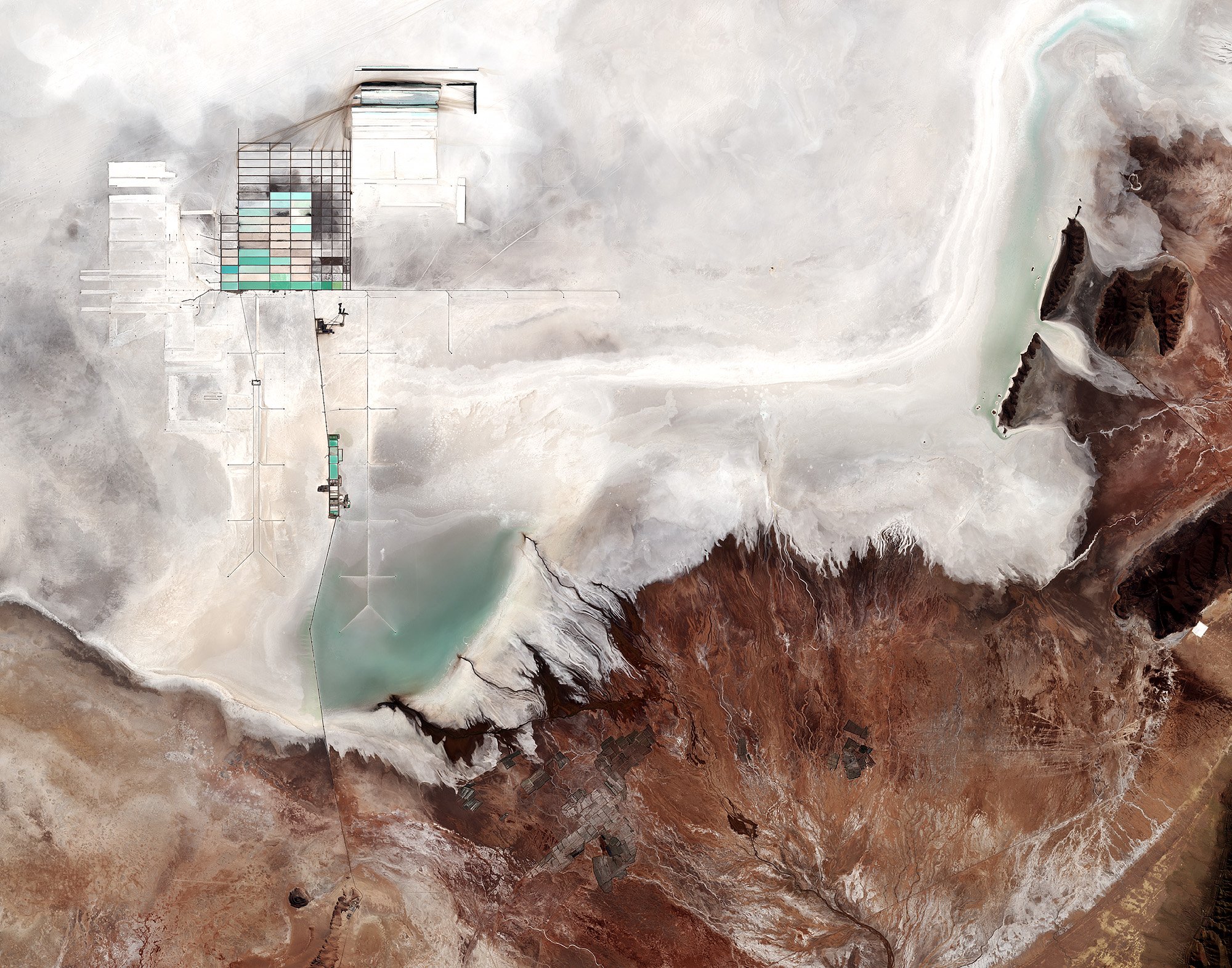
Related Projects
EJAtlas - Global Atlas of Environmental Justice
EJAtlas documents environmental conflicts around the globe. It catalogues cases of community struggles to defend land, air, water, forests and livelihoods against damage from extractive projects. The online database aims to increase the visibility of environmental injustice and resistance, in the pursuit of greater corporate and government accountability. It is supported by the ENVJUST project and the ACKnowl-EJ project.
En el nombre del litio (‘In the Name of Lithium’)
This documentary exposes the struggle of indigenous communities in Argentina’s salt flats, located on one of the world’s largest lithium reserves. In the fight against global warming, the contemporary world is increasingly desperate to secure lithium and other critical minerals to create lithium-ion batteries, for the storage of renewable energy. This scramble has pushed the communities out of decision-making processes, and given birth to a struggle for their traditional lands and livelihoods; so as to not become a ‘sacrifice zone’ for global energy transitions. The film was produced by FARN and Calma Cine.
FARN - Fundación Ambiente y Recursos Naturales
FARN is a non-governmental and non-partisan organization operating in Argentina. Its name translates to “The Environment and Natural Resources Foundation.” FARN calls for environmental protection and sustainable development. In this pursuit, the organization collaborates with decision makers, increases public access to information, disseminates legal tools for citizens to defend their right to a healthy environment, promotes participatory citizenship, and more. They work on issues around climate change, biodiversity, economics and environmental policy, environmental justice, energy and infrastructure, contamination, mining and glaciers, and agriculture.
LiFT - Lithium for Future Technology
The LiFT research project seeks to better understand how lithium is produced in mineral deposits around the globe, and how that lithium can be mined in responsible ways. It aims to provide new exploration targets for lithium resources that can be exploited sustainably and investigates the potential of using a microbial extraction process. The consortium includes researchers from the University of Edinburgh, the University of Exeter, the University of Southampton, the British Geological Survey, and the Natural History Museum.
Lithium and Development: Lithium Mining in South America
This research project by Pablo Heidrich, funded by the Social Sciences and Humanities Research Council of Canada, compares the economic development possibilities afforded by lithium mining in South America. The project’s webpage provides lists of sources relating to lithium extraction and processing in Argentina, Bolivia and Chile. Sources include academic and business research, statistical data, government documents and more.
Lithium Worlds is a database of articles and collections that examine lithium in terms of its connections and how it is embedded in evolving and collective processes. The work explores ‘lithium worlds;’ “between and beyond extraction and consumption, global south and north, technology and ecology.” It publishes diverse works, seeks to enable discussion across language barriers, and emphasizes slow thinking.
MiningWatch Canada is a non-governmental organization that responds to threats to public health, water, wildlife, land, air, and community interests posed by mineral policies and practices. It works both in Canada and around the globe, in solidarity with Indigenous and non-Indigenous peoples facing potential, operational, or closed mining projects. The organisation undertakes analysis, disseminates information, campaigns on specific projects, and seeks law and policy changes.
Observatorio Plurinacional de Salares Andinos (OPSAL)
The Plurinational Observatory of Andean Salars is a collective that aims to protect high Andean ecosystems and salt flats. It was born in response to global interest in the ‘Lithium Triangle’ as an extractive zone across Northern Argentina, Northern Chile and Southern Bolivia. OPSAL produces knowledge, holds workshops, promotes protection standards, and communicates about lithium developments in the region.
The Sustainable Lithium Project investigates the impacts of lithium extraction on hydrologic environments in Latin America. The project is a private-public partnership between BMW Group, BASF, and researchers from the UMass School of Earth & Sustainability and the University of Alaska Anchorage. One project outcome will be a ranking system to provide guidance on sustainable lithium extraction for companies operating in Latin America.
Worlds of Lithium is an ongoing anthropological study that explores the role of lithium in battery technologies and energy policy. Researchers examine the role of lithium in the replacement of fossil fuel transport with electric vehicles. The project looks at interconnections between three countries of study, which operate at various stages along the chain of EV adoption: Chile, China, and Norway. Researchers are working in partnership with the University of Amsterdam, the European Research Council, and the Amsterdam Institute for Social Science Research.